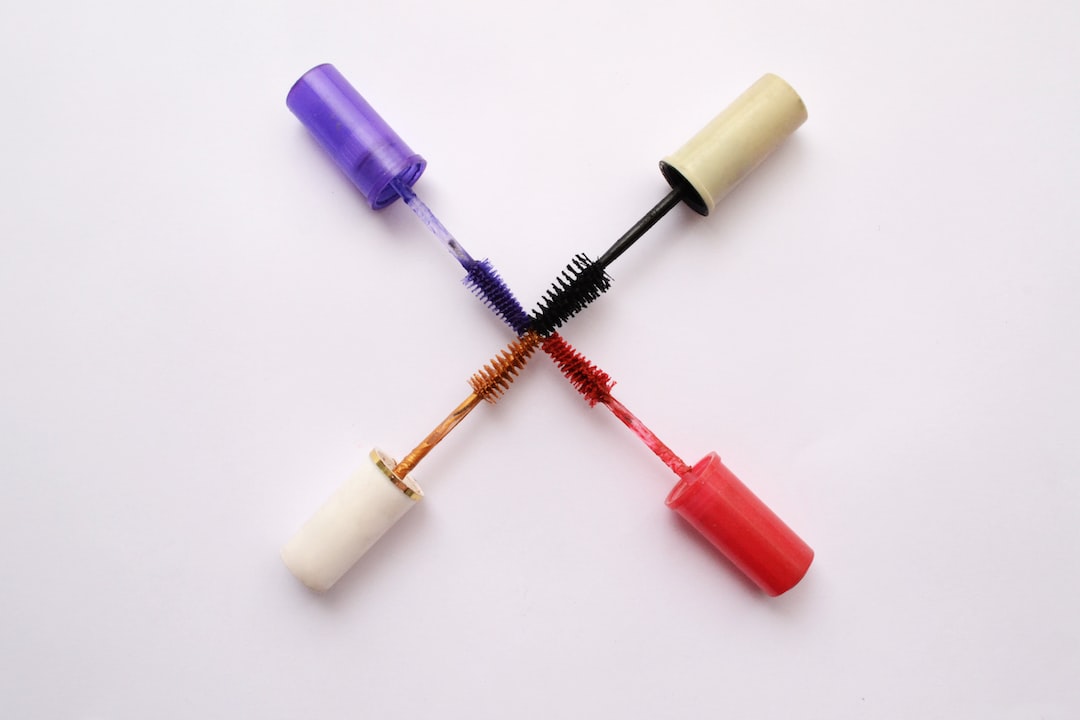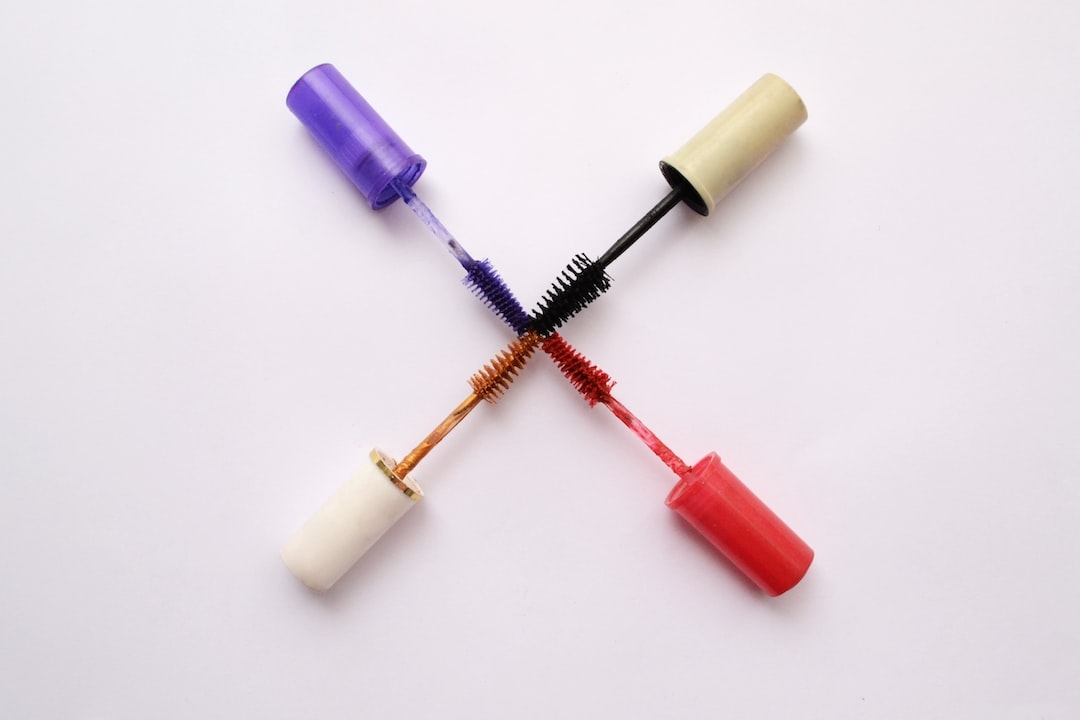What do you put on skin after laser tattoo removal?
After getting a tattoo removed through laser treatment, it is important to take proper care of your skin to ensure a smooth recovery process. This includes applying suitable skincare products to promote healing, prevent infections, and minimize any potential side effects. In this article, we will discuss the recommended options for post-laser tattoo removal skincare.
1. Antibacterial Ointment
Immediately after the laser tattoo removal procedure, your skin may be vulnerable to infections. To prevent this, it is recommended to apply an antibacterial ointment, such as Bacitracin or Neosporin, to the treated area. These ointments create a protective barrier against bacteria and help in speeding up the healing process.
2. Moisturizing Creams
During the healing period, it is essential to keep your skin moisturized to minimize dryness, itching, and flaking. Opt for fragrance-free and hypoallergenic moisturizing creams that are specifically formulated for sensitive skin. Look for ingredients like aloe vera, shea butter, or ceramides, as they can help soothe and hydrate the treated area.
3. Sunscreen
Protecting your skin from the sun is crucial after laser tattoo removal. The treated area may become more susceptible to sunburn and hyperpigmentation. Apply a broad-spectrum sunscreen with a minimum SPF of 30 to the treated area whenever it is exposed to sunlight. Reapply as needed, especially if you are spending prolonged periods outdoors.
4. Gentle Cleanser
While your skin is healing, it is important to cleanse the treated area gently to avoid irritation or damage. Use a mild, fragrance-free cleanser or a soap-free liquid cleanser recommended by your dermatologist. Avoid scrubbing or rubbing the area vigorously, and pat it dry with a clean towel instead of rubbing.
5. Hydrocortisone Cream

If you experience any itching, redness, or inflammation after the laser tattoo removal, a hydrocortisone cream can help alleviate these symptoms. However, it is important to consult with your dermatologist before using any over-the-counter hydrocortisone cream to ensure its suitability for your specific situation.
6. Avoid Harsh Chemicals and Irritants
During the healing process, it is advisable to avoid using any harsh chemicals, abrasive substances, or irritants on the treated area. This includes products containing alcohol, exfoliating agents, fragrances, or dyes. These substances can potentially cause skin irritation and delay the healing process.
7. Follow Post-Care Instructions
Lastly, it is important to follow any post-care instructions provided by your dermatologist or tattoo removal specialist. These instructions may include specific product recommendations or guidelines for cleaning and moisturizing the treated area. Adhering to these instructions will help ensure optimal healing and minimize the risk of complications.
Remember, every individual may have different needs and reactions to skincare products after laser tattoo removal. Therefore, it is essential to consult with a medical professional or dermatologist before starting any new skincare regimen.
By following the appropriate post-laser tattoo removal skincare routine, you can promote healing, reduce discomfort, and achieve the best possible results in your tattoo removal journey.
